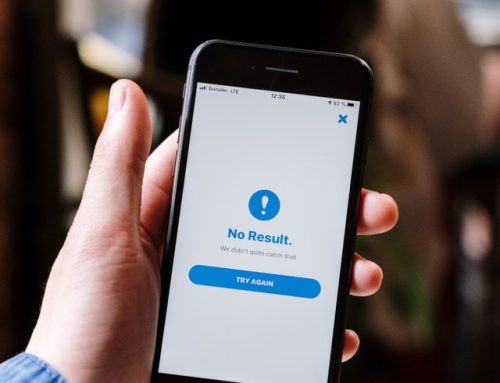A version of this article appeared at http://www.psychologytoday.com/blog/thin-within
We take for granted that other people influence our health, for better and for worse. Think about it: we know that we share germs, and that we stress each other out. We know that love and support help us heal, and even live longer. We give and take advice on health….mostly. For many of us, despite all this, become lone rangers when it comes to losing weight.
The support of others, though, often spells the difference between losing weight and not, between keeping it off and not. Studies throughout the past decade have reached this conclusion. And while Judith Beck, Ph.D. talked extensively about using a “diet coach” in her 2007 book, a new book by Miriam Nelson and Jennifer Ackerman builds an entire weight loss plan around supportive relationships. To cement the idea even more firmly in our public conscience, Dr. Oz (in his Real Age newsletter) recently headlined “Lose Weight With the Buddy System”.
You may well breathe a sigh of relief on hearing that you’re not to blame for those lone struggles with food. All you needed was a teammate to succeed. On the other hand, it’s not always clear what using relationships for weight loss really means. Or how it actually helps. How can you best make these social prescriptions work for you?
First of all, the social prescriptions aren’t so new as recent reports suggest. Weight Watchers and other organizations, notably 12-step groups like Overeaters Anonymous, have long capitalized on the power of group influence and support. Newer is the confirmation that who we socialize with can influence our weight. Hang around with slim people and you’re statistically more likely to eat less, and vice versa. Newer, too, is the discovery that even phone check-ins with a doctor or diet coach can make impressive differences in weight loss and maintenance.
Relationships exert a powerful influence on our goal achievements in a number of ways. Having another to call on, we gain strength against cravings, fatigue, discouragement, confusion. We’re less likely to mess up when we know we’ll be reporting to someone else. We’re more likely to do what’s good for us with the encouragement and problem-solving help of another. We find inspiration in knowing that mentors have succeeded against similar odds.
Likewise, a variety of social support structures offer promise. A “buddy system”can involve two people, relatives or friends, working toward shared goals. A “coach” doesn’t necessarily have to be a clinician or professional, though research does suggest that these relationships make a significant difference. People who’ve struggled for a long time, whose weight and eating issues have been strongly resistant to change over the years, may even do best with a “team”—perhaps some combination of doctor, coach, nutritionist, support group, buddy.
To assess your own social support standing, think of who in your life can or could support your goals. First think of friends and family. Who might you talk to? Who might you want to spend more time with, simply because they are supportive, or because they themselves behave in ways you aspire to. Consider whether an organized group or class might bolster your efforts and resolve. Think of whether or not checking in with a coach, doctor, nutritionist, or trainer might help you stay on track.
Knowing that our social connections can help us care for ourselves, our weight and health offers a wide world of possibilities. We’re surrounded by many obstacles to eating well, but we’re also surrounded by a lot of other people.
Also see the 10/15/10 blog, “Diet Buddies: When Two is Best”, and “Research Shows Coaching Works!” at the tgig-beta.com/eatsanely.com homepage.



